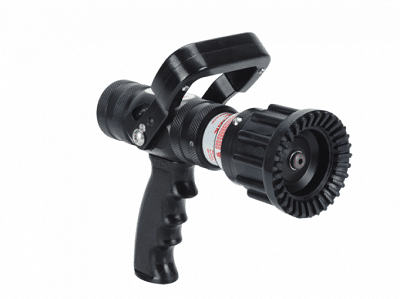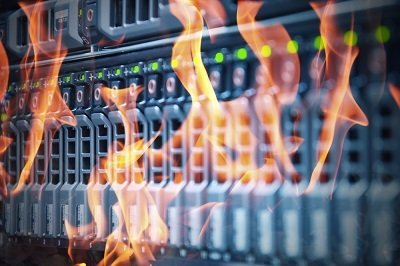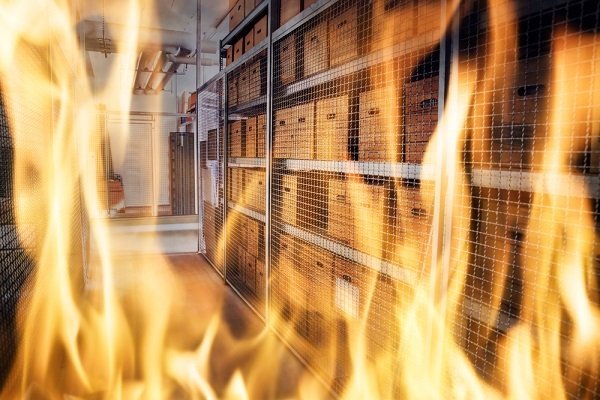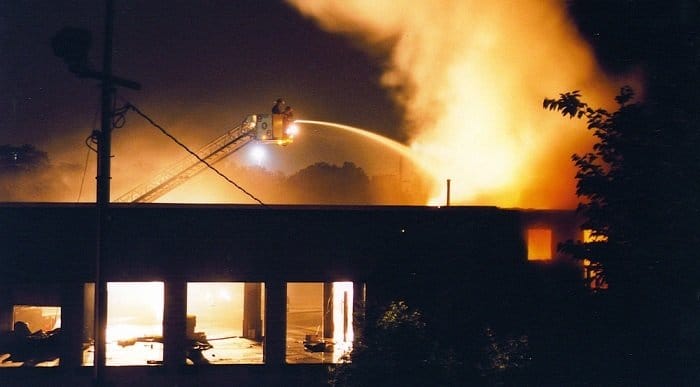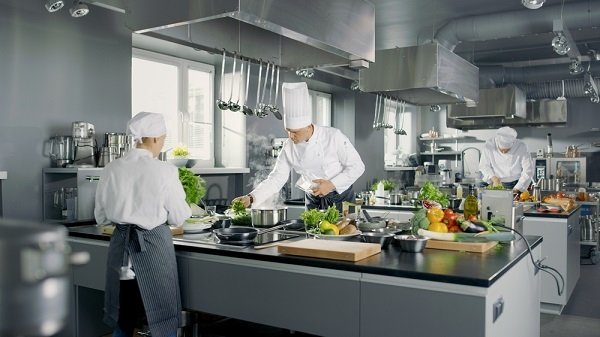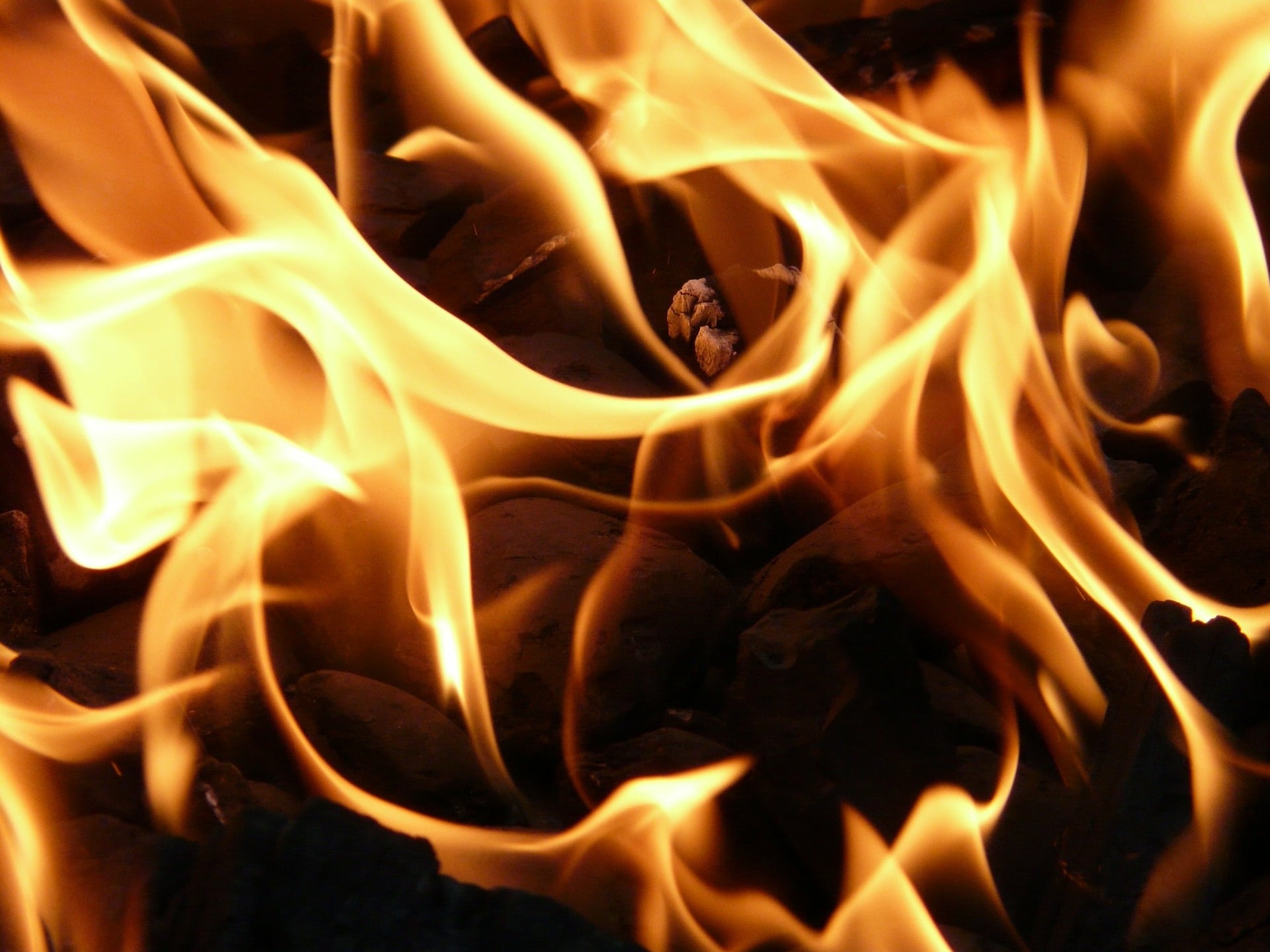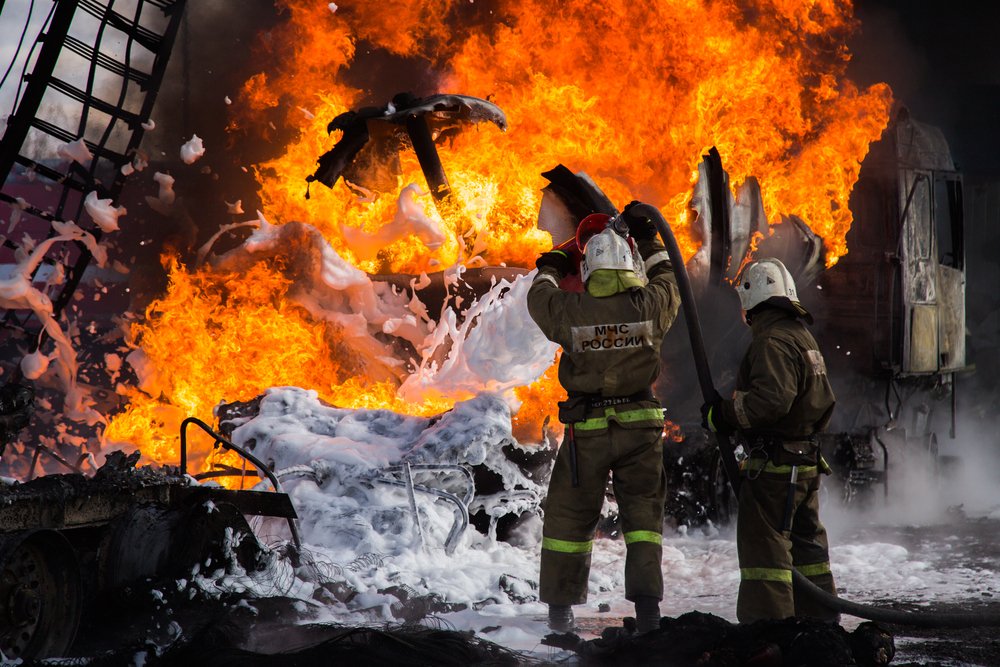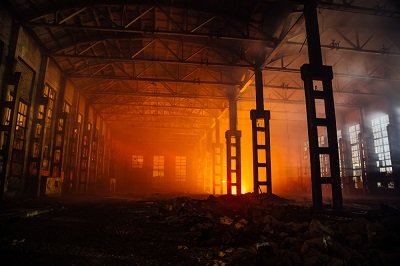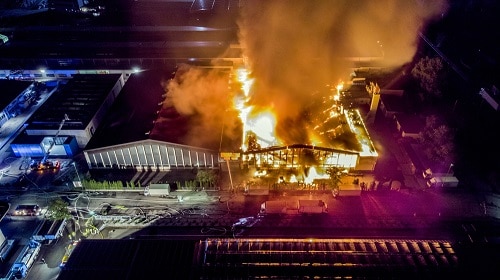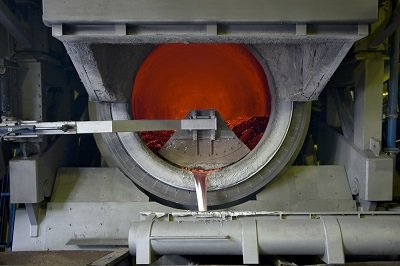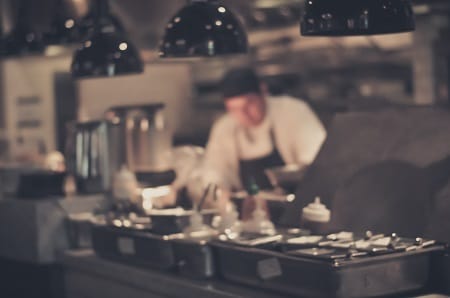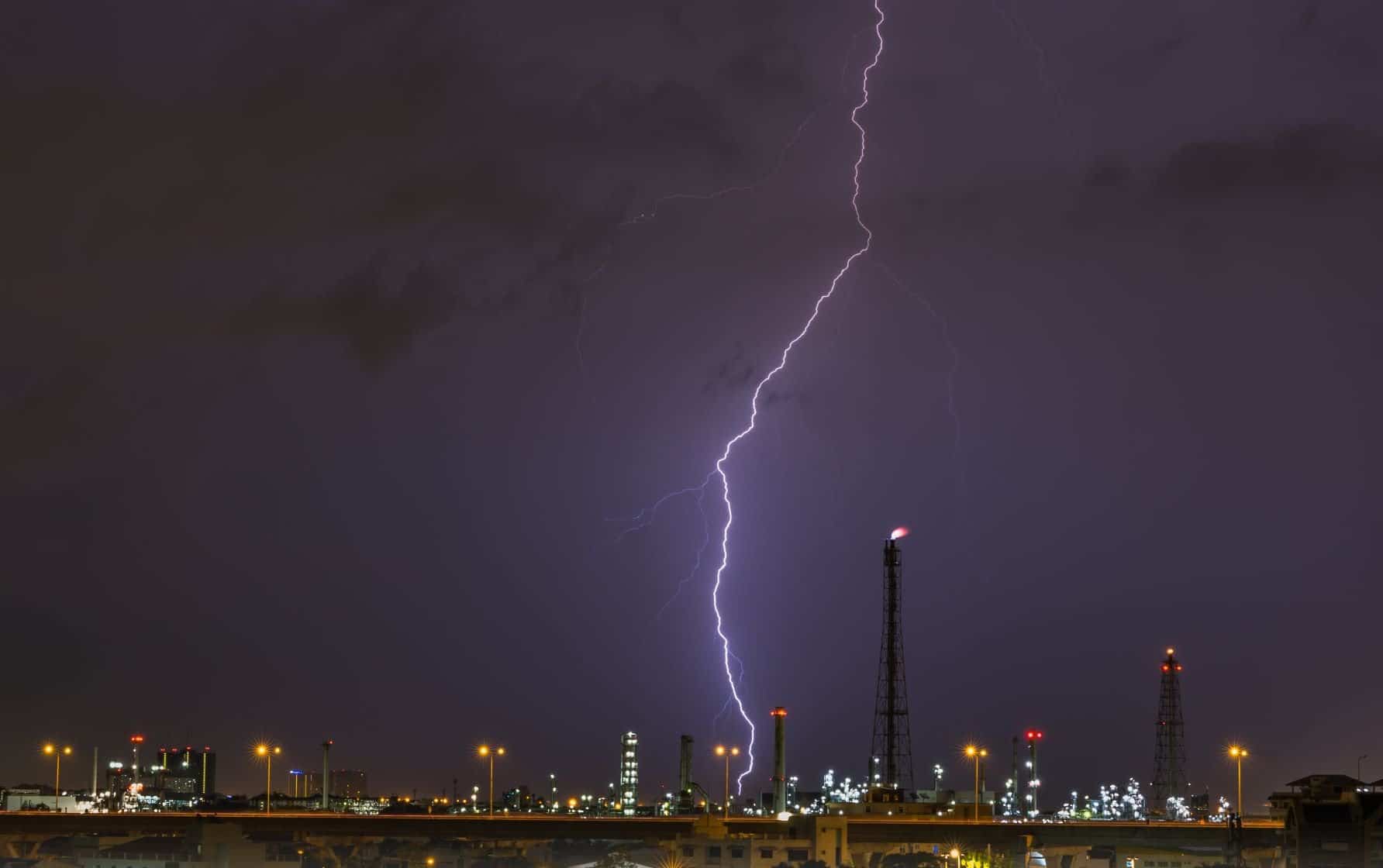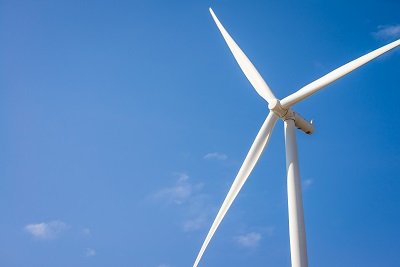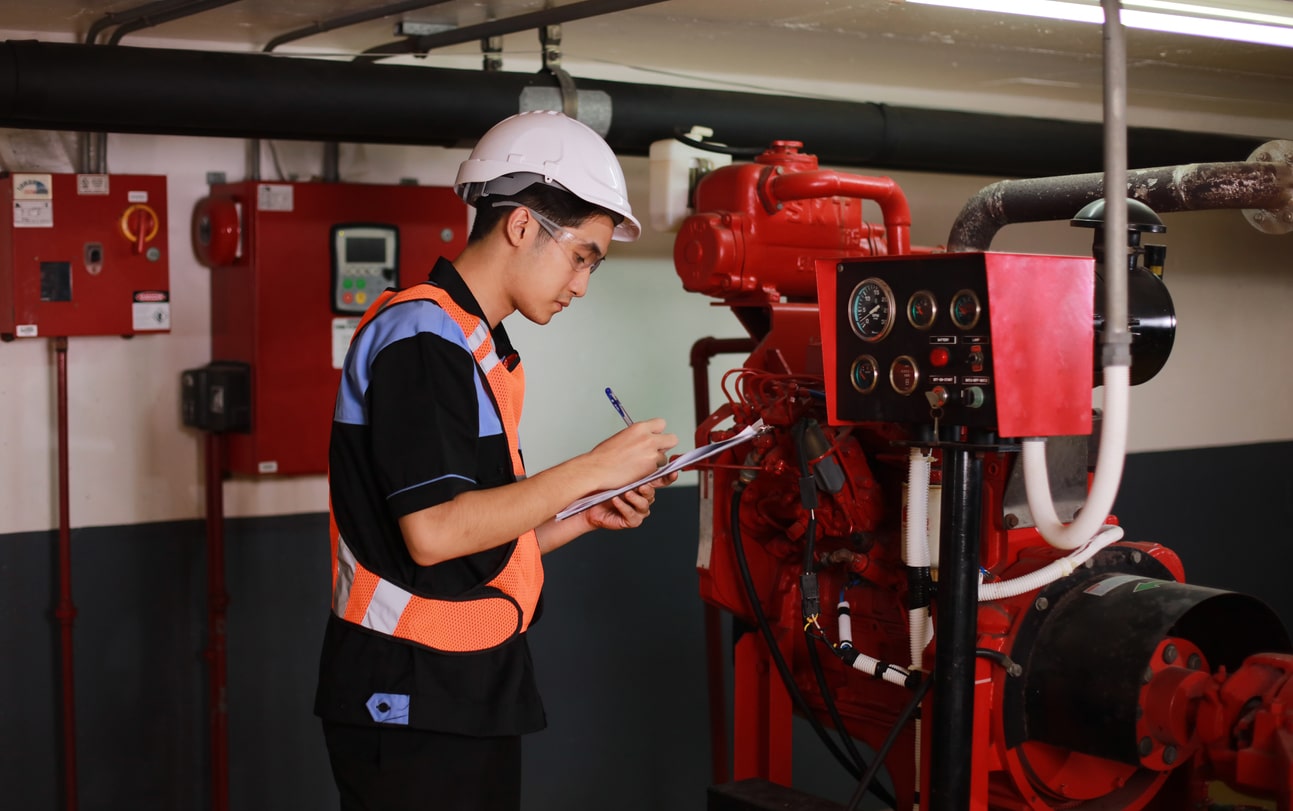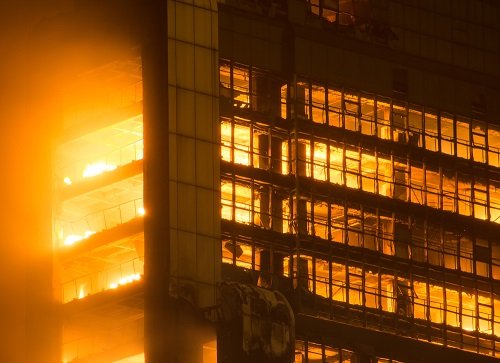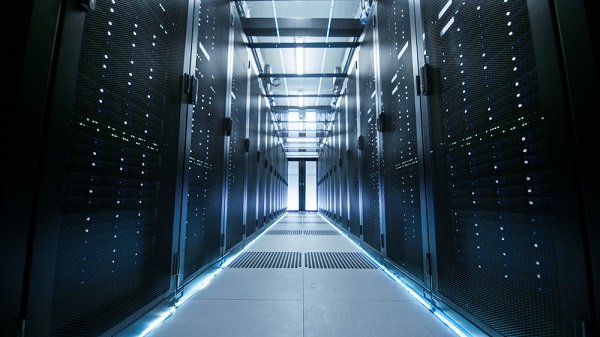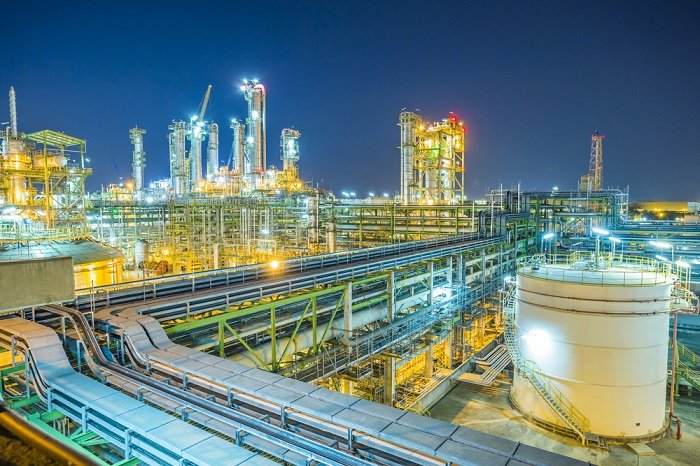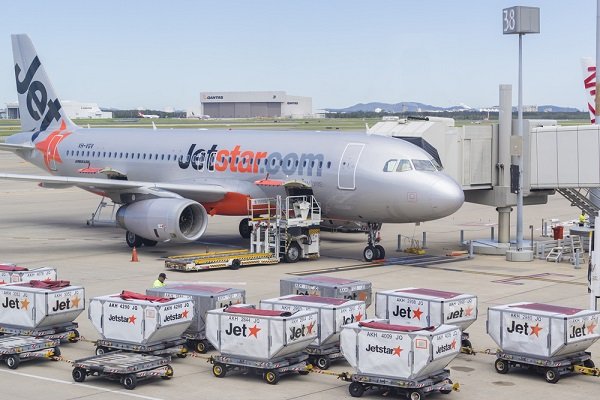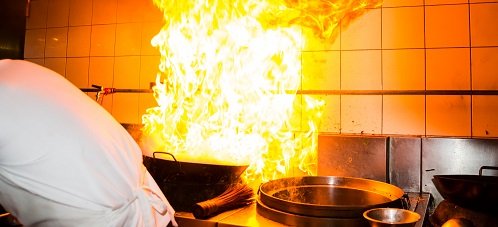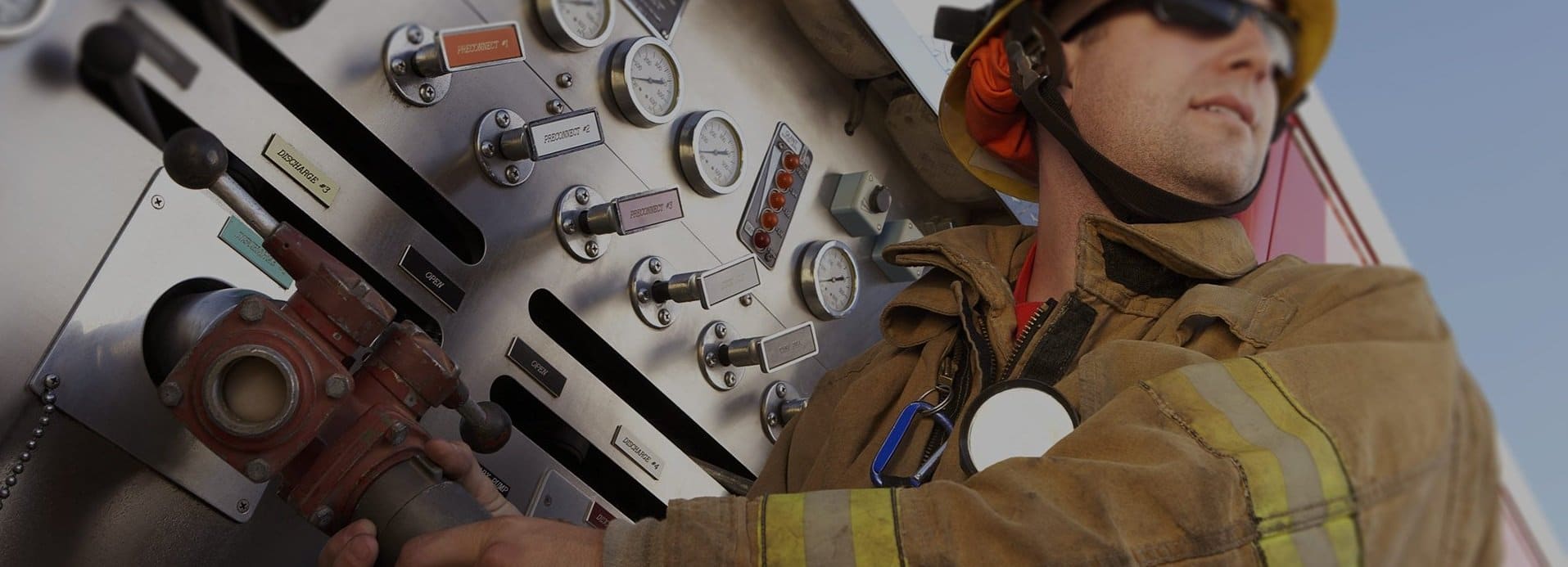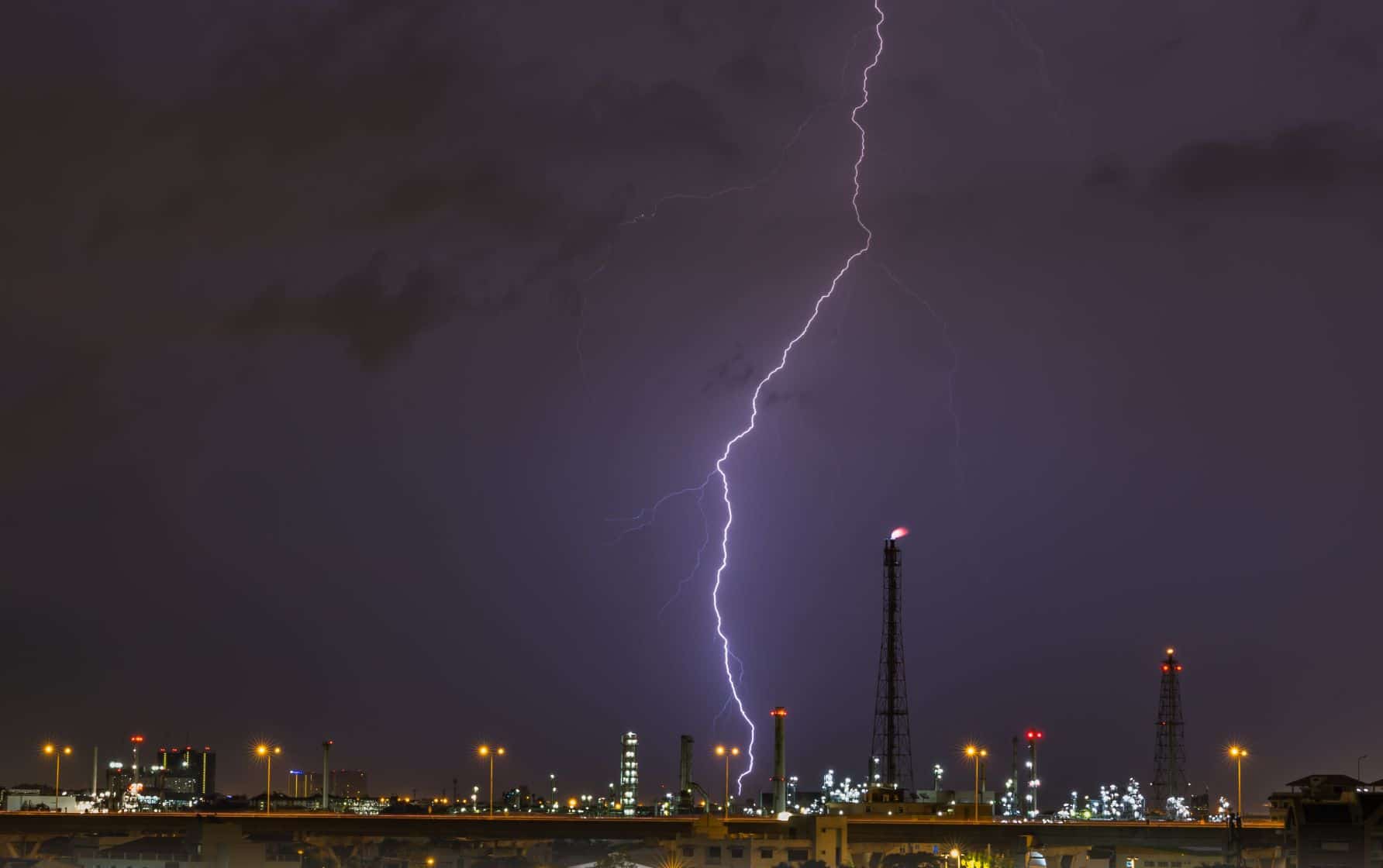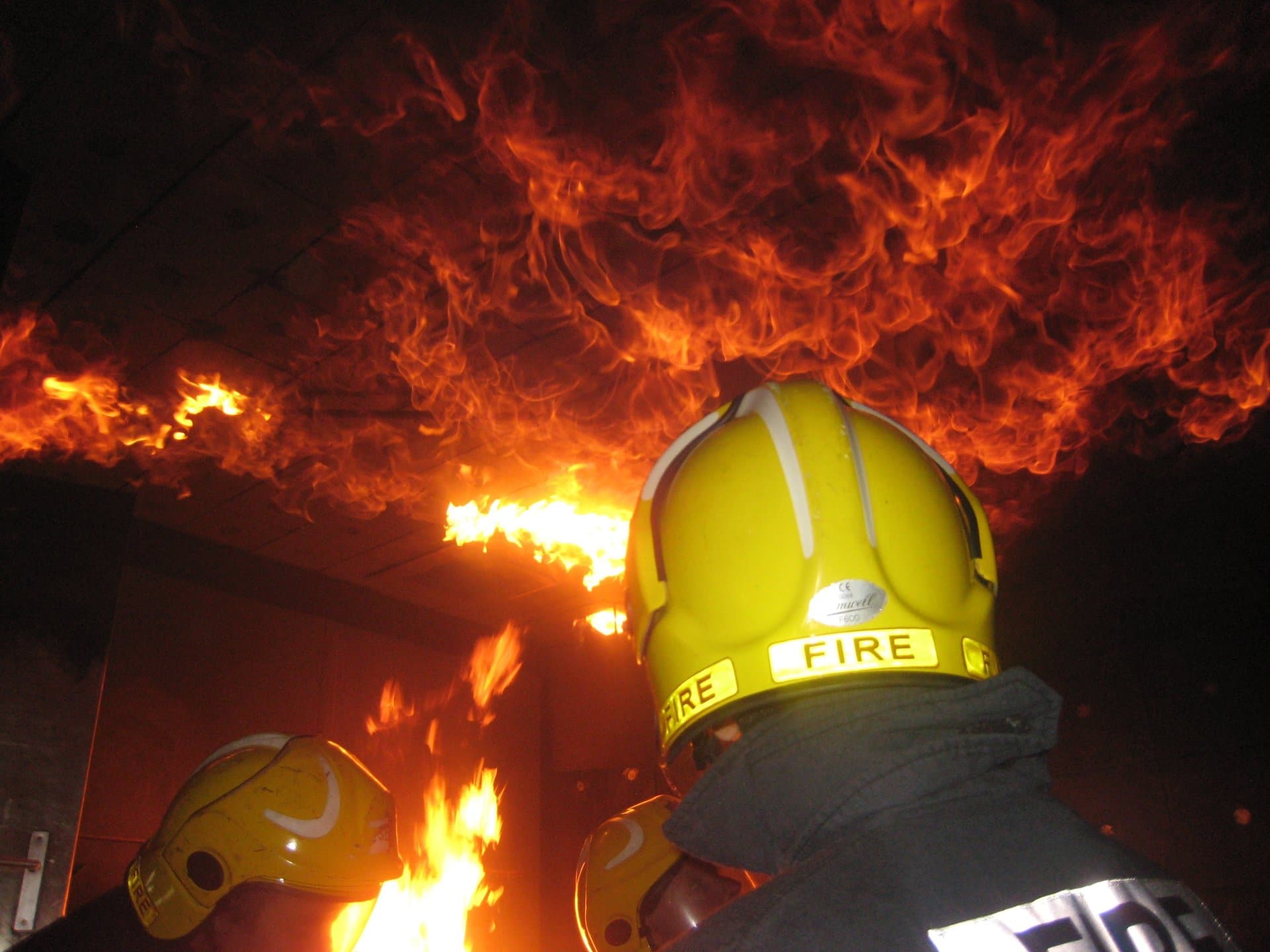Delta Automatic Hose Reel Nozzle
Delta Automatic Hose Reel Nozzle
In the firing line – how to protect invaluable data centres
In the firing line – how to protect invaluable data centres
Understanding the effects of fire-suppression systems
Understanding the effects of fire-suppression systems
5 likely causes of commercial building fires – and how to stop them
When business owners and managers weigh up their main business risks, the possibility of fires rarely rates a mention, but such incidents can be devastating for the business and its employees.
Why restaurant hood fire-safety systems are a hot topic
Restaurant hood fire-suppression systems are a crucial tool to protect your people, property and profits. In the often-stylish world of restaurants, hood systems that can help prevent or minimise the impact of fires are not exactly the most glamorous product.
What you should demand from your fire-safety experts
There is no shortage of choice when it comes to selecting fire-suppression suppliers, but make sure they have the experience to deliver the right equipment and service levels.
Foam technology – why it’s the key to fighting petrochemical fires
Sophisticated foam technology solutions can stop blazes in their tracks, but the input of fire-safety experts is crucial in the setup phase.
The quick guide to restaurant fire-suppression systems
Commercial kitchens are the lifeline of restaurant owners and require smart fire-suppression strategies to keep them serving delicious food for diners. Here’s how you can safeguard your business and customers in five easy steps.
Burning issue – when to use water and foam versus chemical fire-suppression systems
Choosing the right fire-suppression system for the right site can mean the difference between disaster and saving lives and buildings. To the uninitiated, all fires look similar. However, different classes of fire have dramatically different characteristics and require their own unique fire-suppression systems or strategies to bring them under control.
Condensed aerosol systems another weapon in fire-suppression fight
Under certain circumstances in unoccupied spaces, condensed aerosol fire-extinguishing systems can be a highly effective means of safeguarding commercial and industrial buildings.
Vehicle Fire Protection
Bell Bay Aluminium is situated on the Tamar River, approximately 45 kilometres from Launceston, the smelter produces around 190,000 of aluminium each year and operates 24 hours a day, 365 days per year. After some recent machinery fires, Bell Bay Aluminium needed their vehicles to be fitted with tailored fire protection systems to protect both their vehicles and their drivers.
5 ways to fire-proof your restaurant’s commercial kitchen
Taking shortcuts with fire protection in commercial kitchens can endanger lives and lead to downtime that threatens the viability of restaurants, cafés and catering businesses. Running a successful and profitable restaurant or café is tough enough at the best of times.
Why LEC lightning-strike solutions are a saviour for petrochemical sites
Smart technology has changed the way lightning strikes are repelled on petrochemical sites – and that is great news for the safety of workers and businesses.
Why it’s time to put fire-suppression strategies on the menu
Having the capacity to stop fires quickly before they spread should be part of the business planning of all restaurateurs who want to safeguard their diners, employees and business.
Wind farm fire protection
How Delta Fire equipped wind turbines at the Waterloo Wind Farm in South Australia with dedicated fire detection and suppression systems that provides fast acting, around-the-clock fire protection.
7 essential questions to ask your fire-suppression experts
Safeguarding commercial and industrial sites from the possible ravages of fire is one of the key tasks of engineers and site managers, so choosing the right fire-protection services is a must. Here are some key questions to ask:
Are you prepared for a lightning strike?
The number of lightning strikes over the earth has been assessed as being 100 every second, which equates to a total of 8.4 million lightning strikes each and every day. Are you prepared?
How planning and the right fire-suppression systems can protect construction sites
On construction sites and completed buildings, a strong line of defence against fire outbreaks is essential to safeguard workers and building assets. Fires on construction sites are an all-too-common hazard that can threaten lives and scuttle projects.
Delta Fire system protects bank’s key electronic assets
Suncorp, the insurance, banking and wealth management group needed to protect business critical electronic equipment at an administration centre. Their vital PABX telephone systems and UPS uninterruptible power supply installations needed to be safeguarded in the event of a fire. Sustainability was a key factor as in the past this equipment used to be protected using Halon 1301, an ozone-depleting gas that has been banned for the past decade.
Is your firefighting foam compliant?
Health and environmental concerns linked with some firefighting foams have put operators of hazardous sites on notice and highlighted the importance of getting reputable advice.
Safer, greener firefighting system on the radar for airports
An innovative new fire-suppression system will help protect airports and combat environmental fallout from firefighting foams. Health and environmental concerns linked with firefighting foams have put airport operators on notice.
Fire detection and suppression systems in commercial kitchens – how they work
Fire-suppressant systems are a smart, cost-effective means of safeguarding commercial kitchens from blazes that can endanger the lives of staff and cause debilitating business disruption. Commercial kitchens are a recipe for fire disasters and business disruption unless sensible strategies are put in place to minimise risks.
5 ways to safeguard petrochemical sites from fire hazards
Fires can cripple major petrochemical, oil and gas facilities, so it is imperative to ensure that preventive and post-fire solutions are in place to protect people and property. If fires strike petrochemical sites, the cost in terms of possible loss of life, disruption and property damage can be devastating. However, adhering to the following rules can minimise risks and downtime for such facilities.
Lightning protection boosts safety for resources companies
Lightning strikes are far more common than many realise and, with the changes in the global climate and changing weather patterns, they are well and truly on the increase. Australia is at particular risk because, according to a joint NASA and National Space Development Agency of Japan study, approximately 70 percent of lightning occurs on land in the tropics, where the majority of thunderstorms occur.
The 3 big fire risks in commercial kitchens – and how to protect your properties
A range of proven fire-suppressant systems are available for commercial kitchen operators that safeguard workers and customers while minimising any possible business disruption. Any experienced commercial kitchen manager understands the threat – if a fire puts their kitchen out of operation, the business will experience downtime that can have a serious impact on profits.

